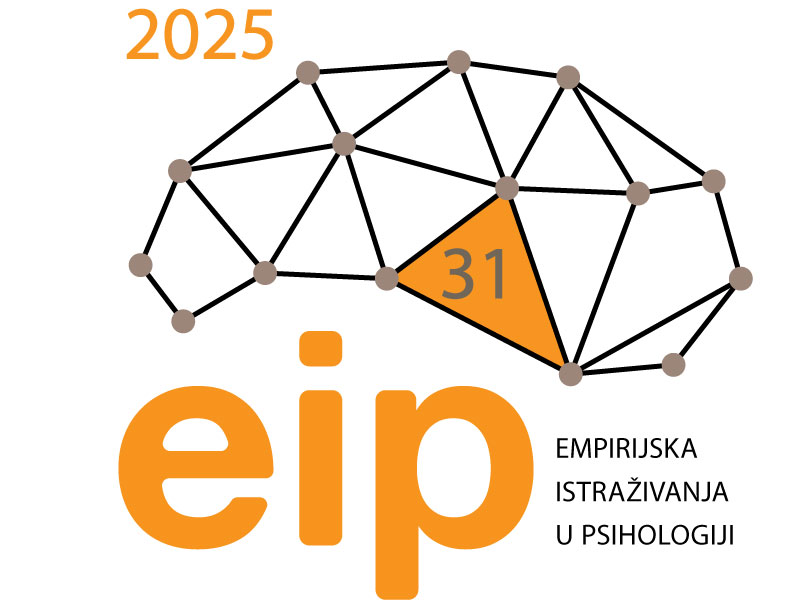EVIDENCE-BASED MENTAL HEALTH INTERVENTIONS
Moderators: Maša Vukčević Marković and Jana Dimoski
Two studies on the mental health of citizens in Serbia conducted on representative samples in 2021 and 2022 showed approximately one-third of the population in Serbia can be considered psychologically vulnerable. In addition, it was shown that every sixth person meets the criteria for at least some of the mental health disorders measured through the study and that the rate of probable depression and anxiety is 6.3% and 5.5%, respectively. These results shed light on the need for scalable mental health and psychosocial interventions that can effectively reduce psychological difficulties and improve psychological well-being among citizens of Serbia. However, little is known about the effectiveness of mental health and psychosocial support interventions implemented in Serbia, and there is a need for gaining insight into existing practices and challenges, and promoting evidence-based practice in the field of mental health as a standard which needs to be applied.
Therefore, the main aim of this symposium is to discuss the measurement of the effectiveness of mental health and psychosocial interventions in Serbia applied in different contexts, relying on different methodologies, and applying various research designs. Thus, we will include interventions from both clinical and community-based settings, as well as interventions conducted in online settings. In addition, the symposium will gather studies focusing on both the general public, as well as those focused on specific vulnerable groups, such as older people, children and youth, users of psychiatric services, persons in psychological crisis, and those affected by covid-19 pandemic. Finally, we will include studies applying quantitative, qualitative, and mixed-method approaches and various research designs. The symposium will thus aim to illustrate the need for comprehensive approaches to measuring the effectiveness of mental health and psychosocial support interventions, provide insights into existing practices, and discuss various challenges researchers are facing when designing and implementing research in this field in Serbia.
